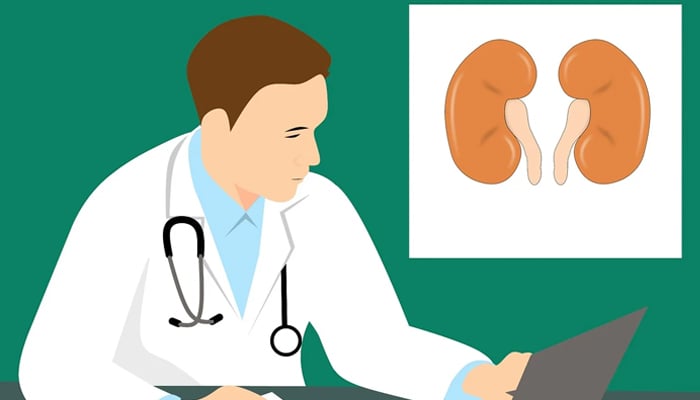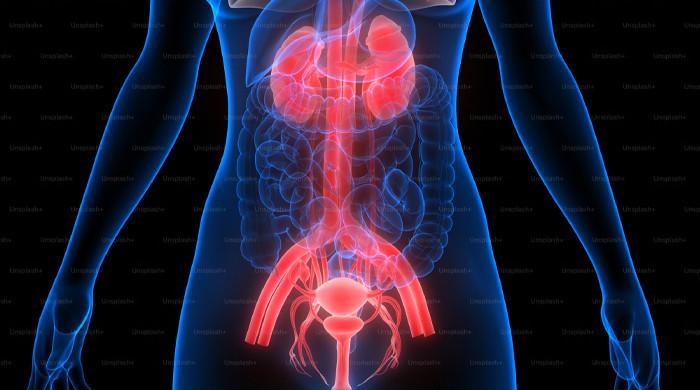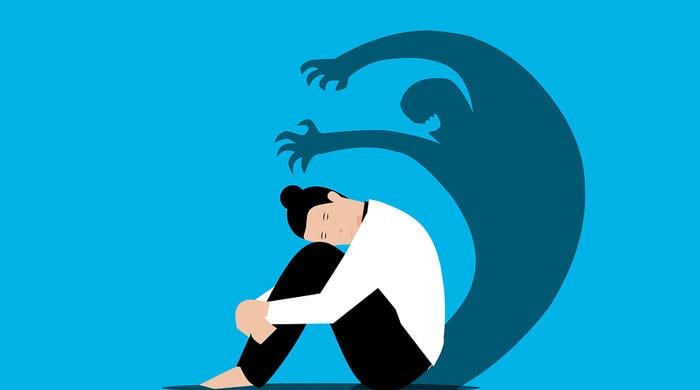Find out if you are at a risk of having kidney stones
Here is an elaborate guide to understanding what a kidney stone is and how it can be treated
April 15, 2024

Kidney Stones, a common and agonizing condition:
Kidney stones, a self-explanatory name, are hard rocks, varying in sizes, made up of mineral deposits that form inside the kidneys during the process of filtration.
These stones can cause severe pain and discomfort as they try and pass through the narrow ureters of your kidneys, through which urine passes into the bladder.
Kidney stone formation affects millions of individuals each year and despite their prevalence, many people remain unaware of its potential triggers and treatments.
Causes and Symptoms:
The leading cause of kidney stones is dehydration, as it leads to the reduction of urine volume and higher mineral concentration in general.
An unhealthy diet, obesity, high consumption of caffeine and soft drinks along with some certain medical conditions also increases the risk of developing a kidney stone.
Symptoms for a kidney stone include excruciating pain, especially in the lower back or sides, nausea, and blood in the urine.
Diagnosis and Treatment:
Diagnosis for a kidney stone typically involves an ultrasound or CT scan along with a urinalysis (urine test).
Kidney stone treatment varies depending on the size of the rock, ranging from pain management and hydration to facilitate stone passage via excretion, to medical procedures like lithotripsy or surgery for larger stones.
Kidney Stone Prevention:
Formation of a kidney stone can easily be prevented by staying hydrated, limiting salt and high-oxalate food intake and maintaining a healthy diet rich in calcium.
While kidney stones are a painful ailment, understanding its causes, treatment options, and precautions can help manage its symptoms, potentially avoid its recurrence and better yet, prevent it from developing in the first place, eventually leading to a healthier life.











